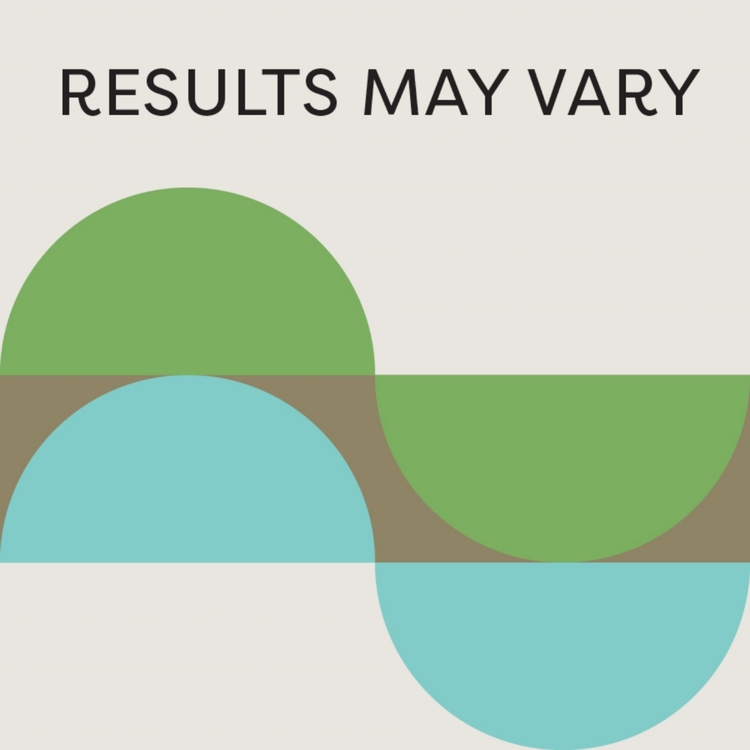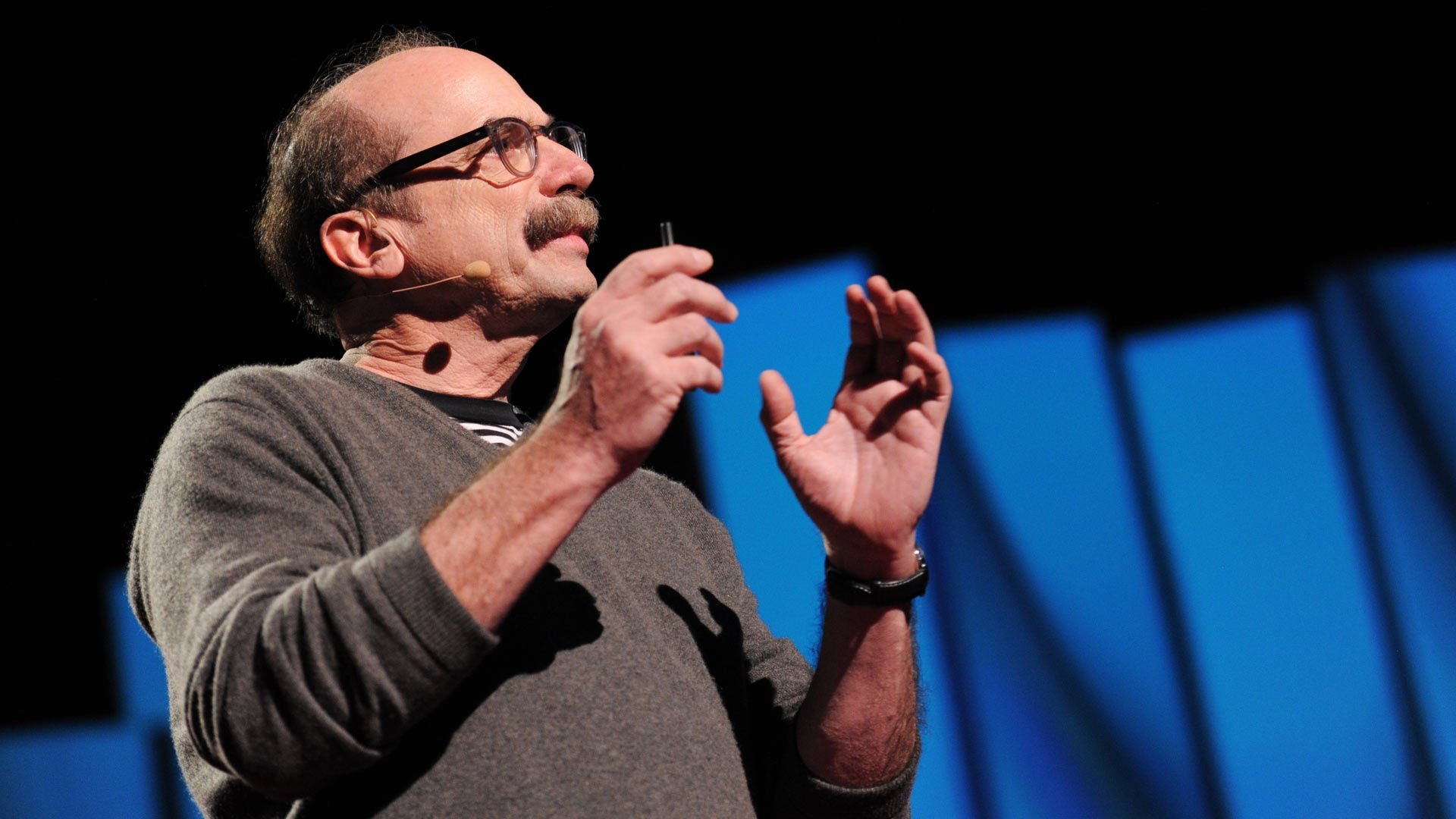In our last episode, community architect Sandra Kulli talked to us about fostering human connection through the design of extraordinary places.
Today we are excited to share this very special episode of Results May Vary. We’re featuring this year’s Stanford d.school Civic Innovation Fellows, which this year was sponsored by Knight Foundation. This event was recently recorded live as the fellows wrapped up their program and reflected back on their journey of learning design thinking.
Fellows are “restless experts” in their field, accomplished professionals who are focused on accelerating large-scale impact. Over the course of the year, they learn human-centered design and use it to explore, experiment and advance ambitious projects in their sector.
You’ve already met one of the fellows. In Episode 16, Dr. Mick Smyer, talked about his organization Graying Green which is focused on tapping older adults as a resource for climate action.
Today you’ll also be introduced to Angie McKee, the Director of Innovation and Strategy for San Francisco Unified School District's Future Dining Experience. Her project uses student input to reimagine and redesign the school dining experience in order to make it more equitable and enjoyable for all students.
You will also meet Mark Brand, one of Canada’s most recognized social entrepreneurs. Having successfully created eleven businesses in Vancouver, Mark and his teams are determined to breathe new life into marginalized and isolated communities through food, training and meaningful employment.
Mario Lugay is a one-time community organizer turned philanthropy entrepreneur with his initiative, Giving Side. Mario explores bringing the best of technology to the best side of ourselves, testing initiatives that will catalyze and support our society's single largest, shared civic act: giving.
And finally, a fifth fellow, Sydney Smith-Heimbrock was unable to join the conversation. But her work is no less than helping make our government a workplace that unlocks creativity to solve the complex problems facing our Nation. Within the Federal government, she leads the Innovation Lab@OPM, where they teach human-centered design through workshops and immersion projects with Federal leaders and professionals.
Tracy had the honor of working with these fellows over the past year and we are pleased to introduce them to you today in partnership with the Stanford d.school.
Show Notes:
Predictably Irrational, Revised and Expanded Edition: The Hidden Forces That Shape Our Decisions by Dan Ariely
Dataclysm: Love, Sex, Race, and Identity--What Our Online Lives Tell Us about Our Offline Selves by Christian Rudder, Co-Founder of OkCupid
Design Thinking Stokes: Workshop warmups



